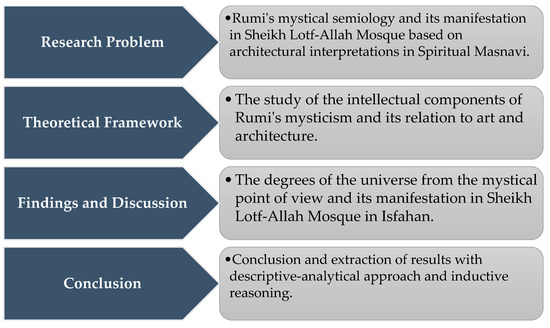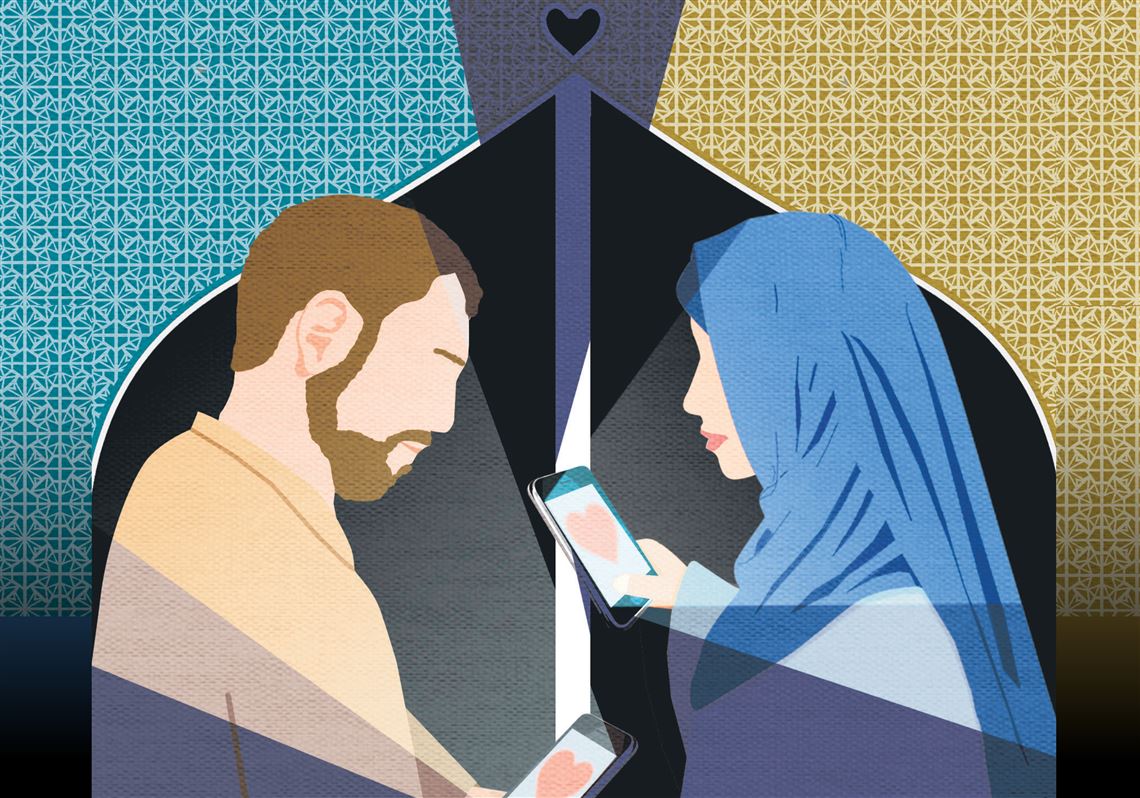
Background of Dating in Islamic Communities
Traditional beliefs and values
In Islamic communities, traditional beliefs and values surrounding dating have a profound impact on relationship dynamics. Many scholars emphasize the importance of family involvement in the dating process, with the expectation that relationships should aim toward marriage rather than casual dating. This cultural backdrop fosters a sense of respect and commitment from the outset.
Key traditional values often include:
- Family Honor: Keeping the family’s reputation intact is paramount.
- Modesty: Relationships are typically characterized by a commitment to modest behavior.
- Marital Intent: Dating is viewed primarily as a pathway to marriage.
These guiding principles shape how individuals approach dating, often intertwining with their personal values.
Influence of culture and religion
The influence of culture and religion on dating practices can be significant. In many Islamic communities, cultural traditions often dictate the norms and expectations surrounding courtship. These may vary vastly from one community to another, illustrating a spectrum of beliefs about how relationships should unfold.
For example:
- Cultural Variations: In some regions, arranged marriages are common, while in others, individuals might pursue more autonomous relationships.
- Religious Teachings: The Quran and Hadith provide foundational teachings, emphasizing the values of compassion, kindness, and respect in romantic connections.
Together, these factors create a complex framework that shapes how love and relationships are navigated within Islamic communities.

Love and Relationships in Islam
Concept of love according to Islamic teachings
In Islam, love is not merely a sensational feeling but is deeply rooted in commitment, loyalty, and mutual respect. Islamic teachings underscore that love should embody compassion and should be directed towards fulfilling the needs of one’s spouse. This sacred bond is seen as a partnership with responsibilities on both ends.
Some core concepts about love in Islam include:
- Selflessness: True love requires putting your partner’s needs above your own.
- Spiritual Connection: Love is intertwined with a shared dedication to faith.
- Nurturing: Partners are encouraged to nurture each other’s personal and spiritual growth.
By embodying these principles, couples can create relationships that not only fulfill emotional needs but also resonate with their spiritual values.
Importance of respecting boundaries
Respecting boundaries is crucial in any relationship, especially within Islamic contexts. While the concept of love is celebrated, mutual respect for personal space and individual comfort levels is equally emphasized.
Key elements of boundaries in Islamic relationships include:
- Modesty and Privacy: Engaging in public displays of affection is often frowned upon; thus, relationships are typically kept private.
- Clear Communication: Open discussions about personal limits foster a healthy environment for understanding each other’s needs.
For instance, a couple may agree on how often they communicate or spend time together, ensuring that both parties feel comfortable and respected. By honoring these borders, love can flourish while staying within the ethical framework that Islamic teachings encourage.

Challenges in Dating within Islamic Communities
Balancing cultural expectations and personal desires
Dating within Islamic communities often presents the challenge of harmonizing cultural expectations with personal desires. For many young Muslims, the pressure to conform to societal norms can feel overwhelming. They may find themselves torn between the desire for love and the expectations of their families.
Consider the following aspects:
- Family Expectations: Families may have specific criteria regarding whom their children should date—often prioritizing compatibility within cultural and religious contexts.
- Personal Aspirations: Individuals might crave a more liberal approach to dating, seeking partners based on personal interests and emotional connections.
Navigating this delicate balance can lead to tension. However, open conversations with family can help bridge the gap between tradition and modernity.
Dealing with societal judgments
Another significant hurdle is the societal judgments that often accompany dating in Islamic communities. Many individuals experience scrutiny and pressure from peers and community members, which can complicate their romantic endeavors.
Key considerations include:
- Fear of Gossip: The tight-knit nature of many Islamic communities means that relationships can become the subject of discussion, leading to anxiety and hesitation.
- Misinterpretation of Intentions: Young couples may find their intentions misjudged, leading to unnecessary stigma or misunderstanding about their relationship dynamics.
Despite these societal pressures, individuals can navigate these challenges with resilience. Fostering a strong sense of identity grounded in both cultural and personal values can empower them to pursue love successfully while maintaining respect for their community.

Navigating Boundaries in Relationships
Establishing and communicating boundaries
In any relationship, especially within Islamic communities, establishing and communicating boundaries is vital to fostering trust and understanding. Open dialogue about individual comfort levels can significantly enhance the partnership.
Consider these strategies:
- Set Clear Expectations: Discuss what both partners anticipate regarding interactions and commitments. This might include time spent together or messages exchanged.
- Use “I” Statements: Express feelings and limitations from a personal perspective, such as, “I feel uncomfortable when…” This approach encourages understanding without placing blame.
For many couples, initiating these conversations can feel intimidating. However, a well-established foundation of respect can lead to a more fulfilling connection.
Respecting partner’s boundaries
Respecting a partner’s boundaries is equally crucial to maintaining harmony in relationships. Recognizing each other’s limits and desires creates an environment of safety and support.
Here are some essential tips:
- Active Listening: When partners express their boundaries, fully engage by listening without interrupting. This shows genuine care for their feelings.
- Be Flexible: Understand that boundaries may evolve as relationships grow. Regular check-ins can help accommodate these changes.
For instance, if one partner is uncomfortable with certain physical displays of affection, acknowledging and adhering to that preference fortifies mutual respect. Ultimately, honoring each other’s boundaries nurtures deeper emotional connections and strengthens the bond shared between partners.

Communication and Understanding in Relationships
Importance of open communication
Effective communication is the backbone of any successful relationship, particularly in Islamic contexts where cultural nuances can complicate discussions. Open communication fosters transparency and trust, allowing partners to express their feelings and concerns without hesitation.
Consider these key points:
- Encourages Honesty: When partners communicate openly, they feel safe sharing their thoughts, which minimizes misunderstandings.
- Recognizes Needs: By discussing needs and desires openly, couples can better support each other emotionally.
Sharing personal experiences can also break down barriers. For example, a simple chat over dinner might help one partner discuss a stressor, leading to mutual support and understanding.
Building understanding and empathy
Beyond just communicating, building understanding and empathy is vital in nurturing deep connections. Empathy allows partners to step into each other’s shoes and see situations from the other’s perspective.
Essential strategies include:
- Practice Active Listening: Pay attention to not just words but also the emotions behind them. Reflecting back what you hear can validate feelings.
- Be Patient: Acknowledge that it takes time to fully understand a partner’s emotions and experiences.
When one partner expresses frustration about external pressures—such as societal judgments—showing empathy through supportive dialogue can strengthen the bond. By cultivating an environment where both partners feel heard and valued, love and respect flourish, leading to a healthier relationship overall.

Seeking Guidance and Support
Consulting elders and mentors
In the journey of establishing and maintaining relationships within Islamic communities, seeking guidance from elders and mentors can provide valuable insights. These seasoned individuals often possess wisdom grounded in experience and cultural understanding.
Consider the following benefits:
- Offer Perspective: Elders can share their own relationship experiences, allowing younger individuals to learn from both successes and mistakes.
- Cultural Context: They can provide context to traditional beliefs, helping navigate the balancing act between modern dating and cultural expectations.
For instance, sharing concerns about family acceptance with a respected family member may yield strategies to ease those tensions. Engaging with mentors helps young couples feel supported as they walk the sometimes challenging path of romance.
Counseling and community resources
In addition to personal guidance, counseling and community resources play a crucial role in relationship success. Professional counselors familiar with Islamic values can offer tailored support for couples.
Some resources to consider include:
- Islamic Counseling Services: These provide a safe space to discuss relationship challenges in a culturally sensitive environment.
- Workshops and Seminars: Community events focused on relationship skills can strengthen bonds through shared learning.
For example, couples who attend workshops together often report improved communication skills, enhancing their relationship. Seeking professional help not only fosters healthier connections but also reinforces the commitment to personal growth and mutual respect within the partnership.

Celebrating Love and Relationships in Islamic Culture
Rituals and traditions surrounding relationships
In Islamic culture, celebrating love and relationships is often encapsulated within rich rituals and time-honored traditions. These not only reinforce familial bonds but also serve to honor the spiritual connection between partners.
Common rituals include:
- Engagement Ceremonies: Often a grand affair that involves family gatherings, where families come together to formally acknowledge the couple’s intent to marry.
- Nikkah: The Islamic marriage contract is a deeply significant ceremony emphasizing the couple’s commitment to each other and adherence to faith.
These traditions symbolize unity and shared values, grounding couples in their cultural heritage.
Embracing love within the boundaries of faith
Embracing love within the boundaries of faith allows couples to enjoy their relationship while remaining aligned with Islamic principles. This balance encourages couples to explore their love in a manner that respects their beliefs.
Key considerations include:
- Common Values: Couples often find joy in shared religious practices, such as praying together or attending community events.
- Celebration of Milestones: Acknowledging moments like anniversaries or the birth of children within the framework of faith enhances emotional connections.
For instance, many couples celebrate milestones with special prayers or charitable giving, reinforcing their bond and commitment to each other and to their faith. By embracing love in this way, couples can cultivate fulfilling partnerships that resonate with their spiritual beliefs, creating a beautiful balance of modern love and traditional values.

Conclusion and Reflection
Embracing love while upholding values
As we conclude our exploration of love and relationships within Islamic communities, it’s essential to recognize the importance of embracing love while honoring core values. This delicate balance allows individuals to navigate the complexities of modern relationships without losing sight of their cultural and religious foundations.
Key takeaways include:
- Mutual Respect: Building love on a foundation of respect honors both partners’ needs.
- Open Dialogue: Communicating openly about relationship expectations fosters deeper connections.
For many, this journey is deeply personal yet resonates collectively within the community’s context.
Reflecting on the complexities of dating in Islamic communities
Dating within Islamic communities presents unique challenges and opportunities. The interplay of cultural expectations and personal desires requires thoughtful navigation. Societal judgments can weigh heavily, but seeking guidance through mentors and engaging with community resources can provide support.
Ultimately, these complexities serve as a reminder that every relationship is a journey of growth and understanding. By reflecting on these experiences, individuals can develop meaningful connections that respect both their love for one another and their commitment to their faith. Embracing this journey fosters not only love but resilience and wisdom, preparing couples for a fulfilling future together.
